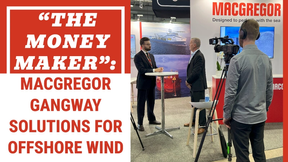The 0.50% limit on sulphur in fuel oil on board ships (outside designated emission control areas) will come into effect on 1 January 2020.
Ensuring consistent implementation of the 0.50% requirement is a key item on the agenda of International Maritime Organization (IMO)'s Sub-committee on Pollution Prevention and Response (PPR) which meets this week (5-9 February) at IMO headquarters, London. The meeting will also continue to look at how to measure black carbon emissions from shipping.
Other matters on the agenda include the development of further guidance to support the implementation of the Ballast Water Management Convention, including ballast water sampling and analysis.
Revised guidelines for the use of dispersants for combating oil pollution at sea, which take into account experience from the Deepwater Horizon incident, are expected to be finalised.
The ongoing revision of the product lists and index in the international code for carriage of chemicals in bulk will continue, as well as consideration of requirements to address the discharge of high-viscosity solidifying and persistent floating products (such as certain vegetable oils). The meeting will also consider including new controls on the biocide cybutryne in the convention for the Control of Harmful Anti-fouling Systems on Ships (AFS Convention).
The meeting was opened by IMO Secretary-General Kitack Lim and is being chaired by Mr Sveinung Oftedal (Norway).



